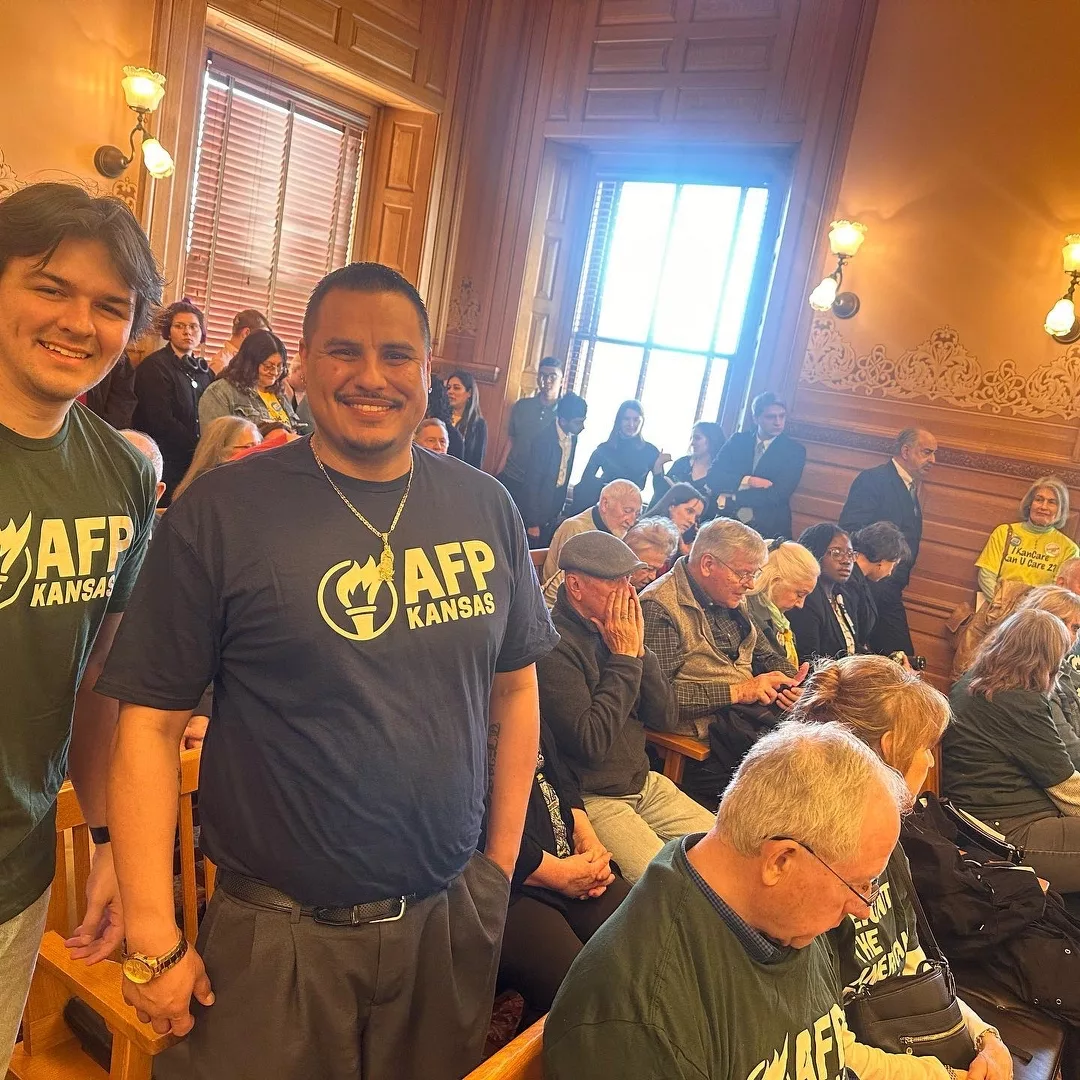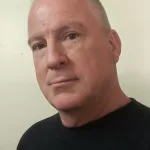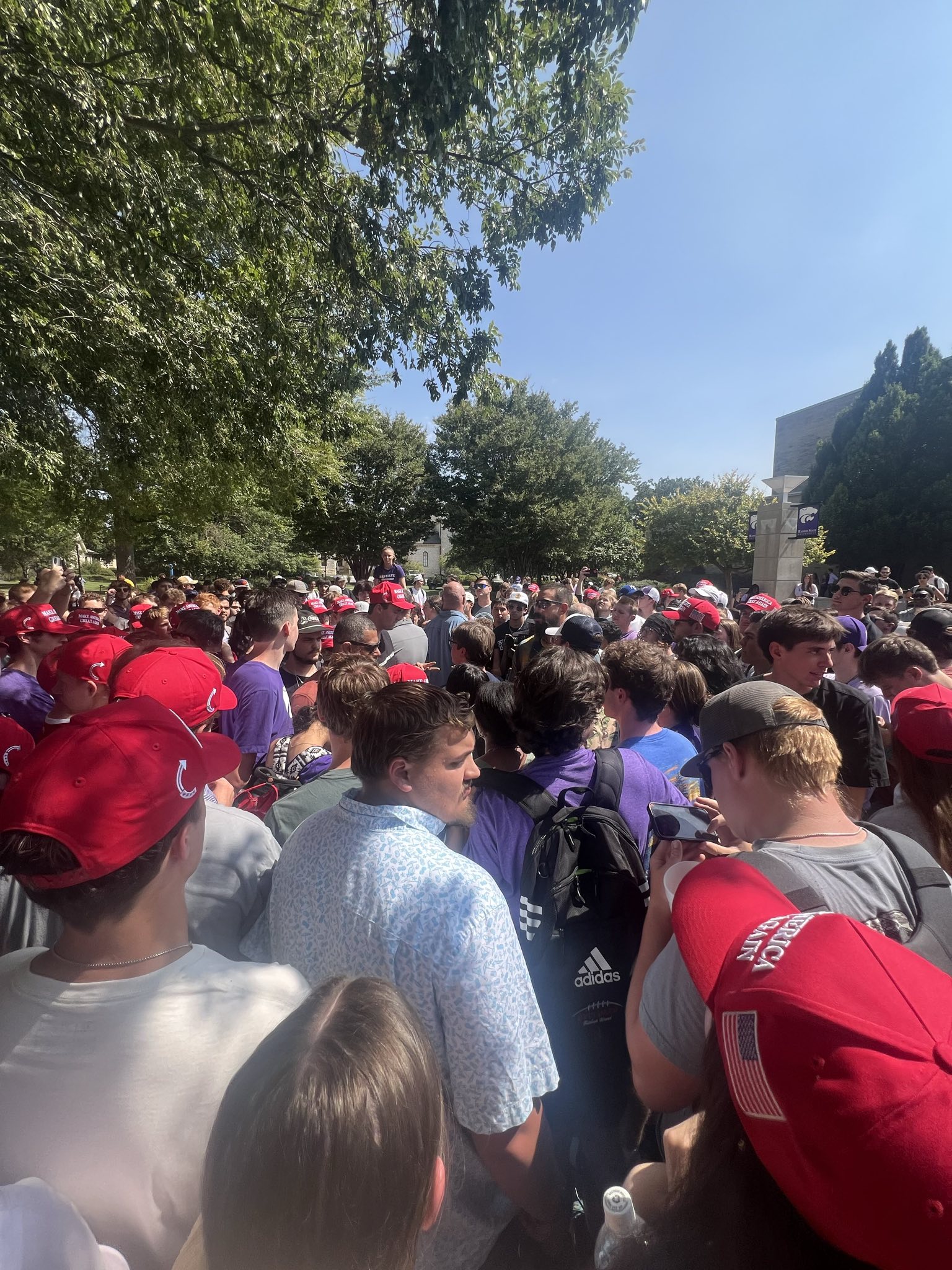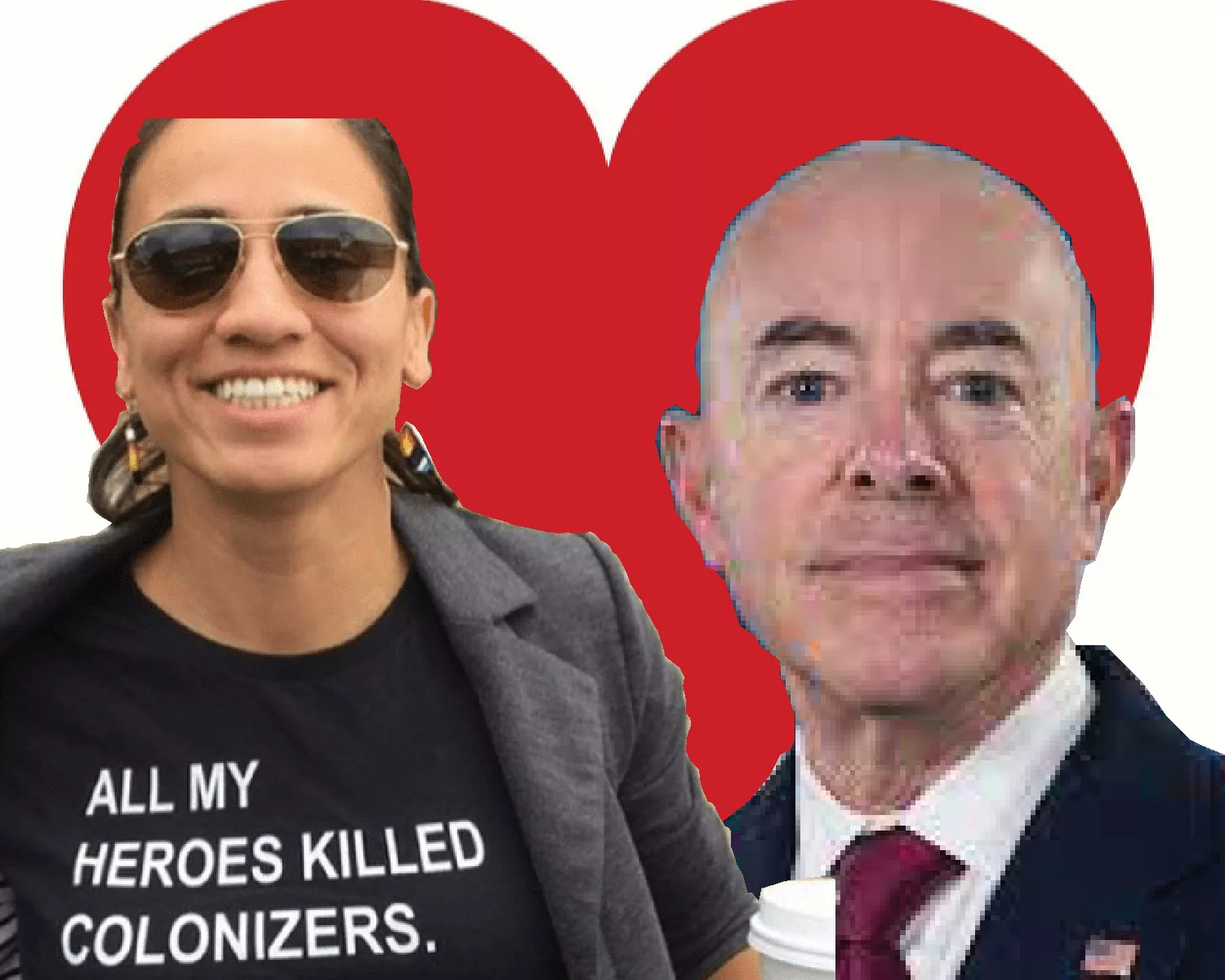UPDATE: This bill was not referred from committee for action after the hearing)
TOPEKA – Amid the full-court press by political advocates, healthcare bureaucrats and governor-friendly state media which beset the Kansas statehouse yesterday for a long-awaited hearing aimed at giving free state health benefits to people who presently make too much money to receive them, opponents pressed ahead with their own message that Medicaid Expansion is too expensive, limits services to the needy already awaiting services in the program and risks making Kansas even more addicted to federal tax money.
Members of Americans for Prosperity-Kansas staff and dozens of grassroot activists told legislators at the joint Senate committee hearing as well as passersby that Medicaid expansion will take Kansas’ health care system in the wrong direction. The organization has long advocated for reforms in the health care market that increase access to care, particularly in rural areas, while also lowering the cost with personal options. AFP’S Senior Health Policy Fellow Dean Clancy told legislators expanding Medicaid was a course the state could never back out of.
“Medicaid expansion is all-or-nothing,” Clancy said in testimony. “A state cannot tailor its program. And once it opts in, realistically, it cannot get back out. Even when the federal match rate falls, de-expansion will be hard to pull off without political and policy disruption.”
Clancy testified that a decade of Medicaid expansion under Barack Obama’s Affordable Care Act showed the pitfalls for states that wander into the financial maze.
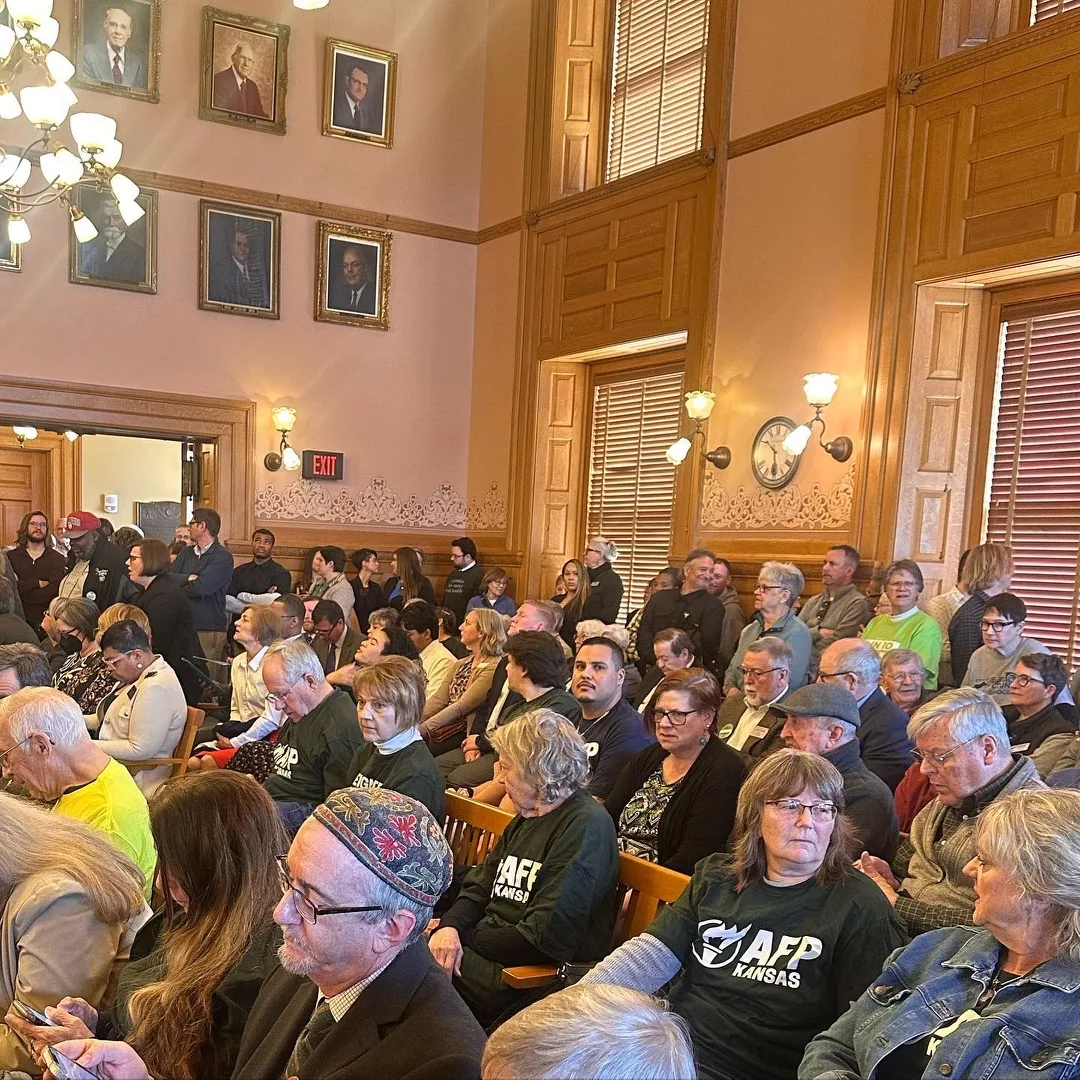
/AFP-Kanas photo
“Nearly every state that has expanded has seen program costs exceed projections,” Clancy said. “Research from the Foundation for Government Accountability shows Medicaid expansion has cost the average state 157 percent more than initially estimated. In Colorado, Medicaid expansion has cost more than a billion dollars above original projections.” Current projects estimate 150,000 new enrollees – most of whom are presently covered by some form of health coverage – would move onto the system if it was expanded.
Proponents told the audience even though those that would be added to the state’s program were presently 38 percent above the poverty line, they included individuals who were in need and would allow that group to access preventative health care that would reduce their health risk in future years. Christine Osterlund, Deputy Secretary of the Kansas Department of Health and Environment, told Senators states that had expanded the service had more new mothers seeking postpartem care, and that kids in Medicaid recipient families were more likely to access health care.
“Obamacare” benefits for Medicare expansion provide 90 percent of costs to come from taxpayers federal payments, while state tax payers pay the remaining 10 percent. Clancy said Kansas needs a health care system that puts patients in charge, not third-party payors.
“The biggest problem we face, the root problem, is that In America the patient is not the customer, the patient is the product,” Clancy testified. “This is because 90 percent of health care is paid for by strangers — third parties like health insurance companies, businesses, and government programs — rather than directly by patients. The good news is that, with incremental free-market reforms, we can put the patient in the driver’s seat. We can make our system the best and most affordable in the world instead of merely the most expensive.”
Hearings were set today to explore a version of the bill in the House or Representatives.
Dane Hicks is a graduate of the University of Missouri School of Journalism and the United States Marine Corps Officer Candidate School at Quantico, VA. He is the author of novels "The Skinning Tree" and "A Whisper For Help." As publisher of the Anderson County Review in Garnett, KS., he is a recipient of the Kansas Press Association's Boyd Community Service Award as well as more than 60 awards for excellence in news, editorial and photography.

